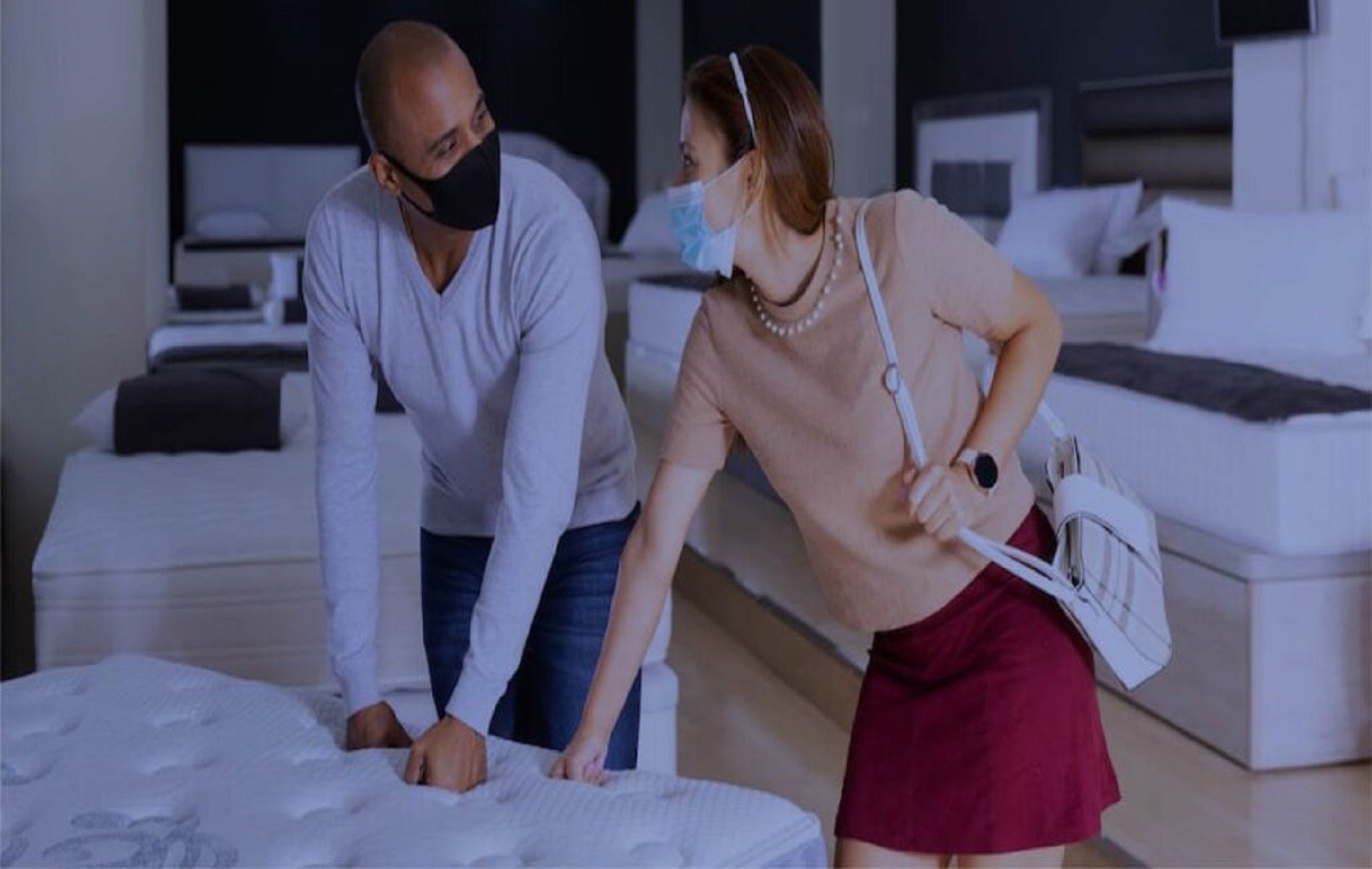
How to Sleep Better: 20 Science-Backed Tips for The Best Sleep of Your Life (Part 1)
For centuries, we took sleep for granted and had a limited understanding of how it impacted our body and health. Due to advancements in science, today we know how important sleep is While we sleep, our body reboots, repairs, and recovers rapidly, making sleep necessary for survival, much like food and water.
But in this always-connected, productivity-obsessed culture, getting quality sleep is a distant dream for many. About one in four Americans develop insomnia every year due to social pressures, stress, and responsibilities that consume our thoughts and can impact sleep.
About 35% of Americans are sleep deprived, costing the nation $411 billion annually. Poor sleep affects our physical, mental, and emotional well-being. Lack of sleep leads to poor concentration levels, weak judgment, slow reaction time, mood swings, weight gain, and low quality of life-it’s no wonder we are constantly looking for ways to improve our sleep quality.
If you’re looking to improve your sleep, here are 20 science-backed tips to help you get the best sleep of your life.
Staying on a sleep schedule consistently is shown to improve sleep quality and decrease your chances of metabolic diseases.
Your gender also contributes to your need for sleep. On average, women need more sleep than men. Studies have shown that women get an average of 11 more minutes of sleep each night than men. Women are more likely to nap than men and spend more time in deep sleep.
Like sleep, cortisol follows a circadian rhythm. Around midnight, cortisol production is the lowest it is all day. It reaches its peak around an hour after you wake up. Studies have shown that those with insomnia have higher levels of cortisol. If you’ve been experiencing insomnia, weight gain, inflammation, or issues with energy, ask your doctor for a cortisol blood test to see if your levels are normal.
According to research, the optimal temperature to keep your room is anywhere from 65 to 70 degrees for the best sleep. If this seems too cold but you’ve been waking up sweating and uncomfortable, try it out for a few nights and see how you do. If it’s still too cold for you, turn up the thermostat to the most comfortable temperature for you.
While exercise is important to sleep, avoiding going too hard and participating in strenuous exercise before bed. Intense exercise can have the opposite effect and leave you lying awake at night.
Exercise stimulates the hormones epinephrine and adrenaline that aid in alertness. Not everyone who exercises too close to bedtime will have trouble falling asleep, according to some research. When trying out a new exercise routine, experiment with different times of the day and see how it impacts your sleep.
Here’s a list of some medications that can keep you awake:
Asthma medications (Albuterol and Corticosteroids)
Nasal decongestants (Pseudoephedrine and Oxymetazoline)
ADHD medications (Dextroamphetamine and Methylphenidate)
Thyroid hormone replacement (Levothyroxine)
But in this always-connected, productivity-obsessed culture, getting quality sleep is a distant dream for many. About one in four Americans develop insomnia every year due to social pressures, stress, and responsibilities that consume our thoughts and can impact sleep.
About 35% of Americans are sleep deprived, costing the nation $411 billion annually. Poor sleep affects our physical, mental, and emotional well-being. Lack of sleep leads to poor concentration levels, weak judgment, slow reaction time, mood swings, weight gain, and low quality of life-it’s no wonder we are constantly looking for ways to improve our sleep quality.
If you’re looking to improve your sleep, here are 20 science-backed tips to help you get the best sleep of your life.
- 1. Stick To A Schedule
Staying on a sleep schedule consistently is shown to improve sleep quality and decrease your chances of metabolic diseases.
- 2. Find Out How Much Sleep You Need
Your gender also contributes to your need for sleep. On average, women need more sleep than men. Studies have shown that women get an average of 11 more minutes of sleep each night than men. Women are more likely to nap than men and spend more time in deep sleep.
- 3. Check Your Cortisol Levels
Like sleep, cortisol follows a circadian rhythm. Around midnight, cortisol production is the lowest it is all day. It reaches its peak around an hour after you wake up. Studies have shown that those with insomnia have higher levels of cortisol. If you’ve been experiencing insomnia, weight gain, inflammation, or issues with energy, ask your doctor for a cortisol blood test to see if your levels are normal.
- 4. Keep Your Room Cool
According to research, the optimal temperature to keep your room is anywhere from 65 to 70 degrees for the best sleep. If this seems too cold but you’ve been waking up sweating and uncomfortable, try it out for a few nights and see how you do. If it’s still too cold for you, turn up the thermostat to the most comfortable temperature for you.
- 5. Exercise
While exercise is important to sleep, avoiding going too hard and participating in strenuous exercise before bed. Intense exercise can have the opposite effect and leave you lying awake at night.
Exercise stimulates the hormones epinephrine and adrenaline that aid in alertness. Not everyone who exercises too close to bedtime will have trouble falling asleep, according to some research. When trying out a new exercise routine, experiment with different times of the day and see how it impacts your sleep.
- 6. Avoid Certain Medications Before Bed
Here’s a list of some medications that can keep you awake:
Asthma medications (Albuterol and Corticosteroids)
Nasal decongestants (Pseudoephedrine and Oxymetazoline)
ADHD medications (Dextroamphetamine and Methylphenidate)
Thyroid hormone replacement (Levothyroxine)


